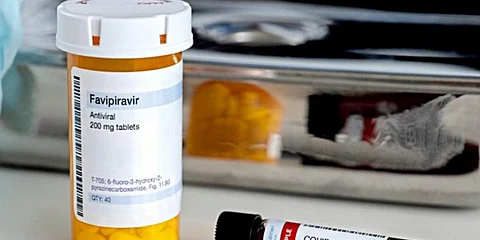Ensure access to life-saving medicines
Over the past month, a network of Good Samaritans—politicians, doctors, activists and bureaucrats—has been working together to help parents of small children procure a life-saving drug: Vigabatrin. The drug is an anti-seizure medication prescribed often for babies.
Although manufactured in India for export to other nations, it is usually imported by pharmacists for sale within the country. Since the nationwide lockdown has come into force, parents of children taking the drug have struggled to access it. The group, all connected only by good intentions, empathy and the internet, has gone to extraordinary lengths in order to help desperate parents.
Parents with the drug too have generously shared their stock—across states—with those running out of it. However, as inspirational and heart-warming as these efforts may be, the role of the government needs to be brought into focus.
Ensuring seamless access to life-saving medication has been one of the blindspots of the Centre’s planning and implementation of the lockdown amid the global pandemic. Vigabatrin is not the only drug that has become difficult to access.
Hydroxychloroquine also became difficult for regular patients to access once the government recommended its use as a prophylactic against Covid-19 for frontline workers. Drug companies helped meet the need in that case. However, till then, many patients were left in the lurch.
As it becomes clear that a return to pre-pandemic life is unlikely to occur anytime in the immediate future, it is imperative that the Centre look at ways to address the needs of patients, especially those with rare diseases, who require drugs like Vigabatrin.
The government must consult with patients-rights groups and activists, identify those falling through the gaps for want of medication and look at ways to fill those gaps. One solution, for instance, may be to temporarily allow manufacturers with stock for export to sell the drug within the country.
Ultimately, the government must step in to ensure that babies and their parents are not left to the kindness of strangers to access life-saving medication.

